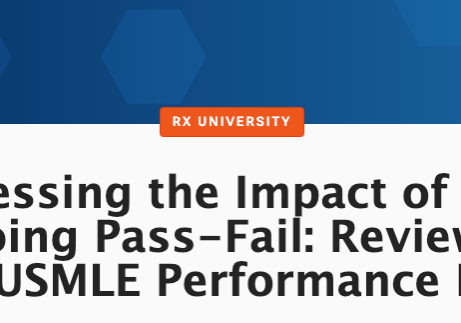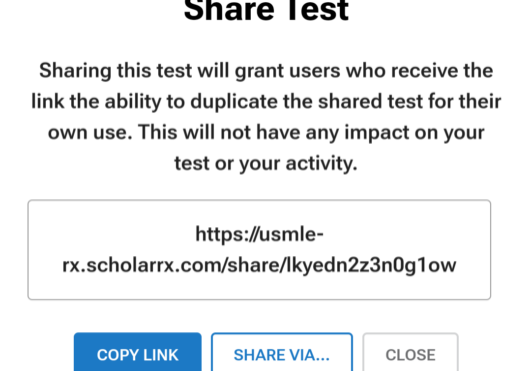By Luke Murray
 In my last post, I talked about what defined a good third-year medical student. In a word, they are: “engaged.”
In my last post, I talked about what defined a good third-year medical student. In a word, they are: “engaged.”
If you’re “engaged” as a third year student, you’re constantly improving and your attitude is appropriate, which are pretty much all that matters (that you can control) when it’s time for those that are grading you to do their evaluations.
But engagement is a nebulous concept. And even if we did successfully define it, turning this definition into action items that are clear and universally applicable would be tough.
However, posing the same goal in the negative, “how to avoid being disengaged,” does seem to lend itself to a more actionable approach.
For example, part of being engaged is paying attention. But saying, “pay attention” isn’t really useful. Identifying why you aren’t paying attention and coming up with a strategy to avoid it would be useful.
So, as I’ve thought about my third year of medical school and all the reasons I would end up unplugging from the experience, three categories began to emerge. I’ll talk about the first (and most important) one below along with the strategies I used (or wish I’d used) to avoid them.
Accept Circumstances & Calibrate Expectations
When I started third year, I expected to be exposed to learning opportunities at a slightly slower pace than my first and second years. I understood we would be doing shadowing, paperwork, etc, so it made sense that you wouldn’t be spending 100% of your day cramming knowledge into your brain. I expected a drop of 10%…maybe 20%.
I quickly discovered that the drop was well over 50%, and most days, it felt more like 90+%. This was unbelievably frustrating to me. I would be standing in the hallway, furious that we weren’t doing anything, begging in my mind to go to the library and sit down with a book or a qbank so I could at least walk out of the hospital with a little more knowledge about medicine than when I arrived that morning.
I tried to get around my frustration by looking at notes in my pocket, but I didn’t learn much and I found myself pulled even farther away from what the team was doing. And even though what they were doing didn’t involve me or teach me in any way much of the time, trying to learn instead of keep up on the details of who was doing what for which patient occasionally made me look (read: proved) like I wasn’t paying attention – which is, of course, frowned upon.
Unfortunately, what I did not do successfully, over the course of the entire school year, was accept that I was not in control of the amount, timing, quality, or the content of learning I got to do each day. And even though it was true that I could learn faster by being given the freedom to study this stuff on my own, focusing on this fact only highlighted the gap between that possibility and my current reality. Needless to say, this mindset was extremely counterproductive, and the single biggest cause of my tendency to disengage as a student.
Once I recognized the degree to which I would be able to get involved (or not), I wish I would have accepted those circumstances and then calibrated my expectations appropriately. Teddy Roosevelt said, “Do the best you can, with what you have, where you are.” Instead, I focused on what I could have had somewhere else, and I paid the price in both the quality of my experience and the quality of my evaluations. Neither of which were often “good.”
The next two posts cover the other reasons I (and many of my colleagues) would “check out” on the wards:
– Distractions
– Physical Discomfort



